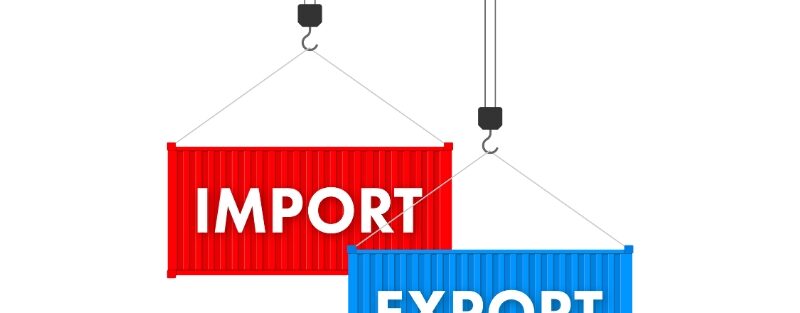Starting an import-export business is a big step. It opens the door to global markets, diverse products, and major growth. But like any business, it comes with its own challenges.
Whether you’re a beginner or have been trading for a while, these common mistakes are worth watching out for:
1. Ignoring Documentation Requirements
Customs paperwork is not optional — it’s the backbone of the import-export process. One missing certificate, invoice, or HS code can lead to shipment delays or fines.
Tip: Always double-check your documents before dispatching or receiving any goods.
2. Choosing the Wrong Product
Not every product is fit for the international market. You need to consider demand, competition, legal restrictions, and shipping feasibility.
Tip: Start small, research market trends, and test your products before going big.
3. Not Understanding Import/Export Laws
Each country has its own trade policies, tax systems, and restricted items list. Not knowing these rules can get you into serious trouble.
Tip: Always work with updated legal resources or a consultancy that helps with trade compliance.
4. Skipping Logistics Planning
Freight charges, warehousing, packaging, customs clearance — international shipping is more than just moving boxes.
Tip: Get clear on Incoterms, hire reliable freight partners, and plan for unexpected delays.
5. Underestimating Payment Risks
Not every client or supplier is trustworthy. Late payments or fraud can badly impact your business.
Tip: Use secured payment methods like Letters of Credit (LC), and research the party before making deals.
In Summary:
The import-export business is full of opportunity, but success lies in the details. A good strategy, the right partners, and proper compliance are the keys to smooth global trade.
Whether you’re just starting out or looking to expand into new markets, learning from these common mistakes can save time, money, and stress.






